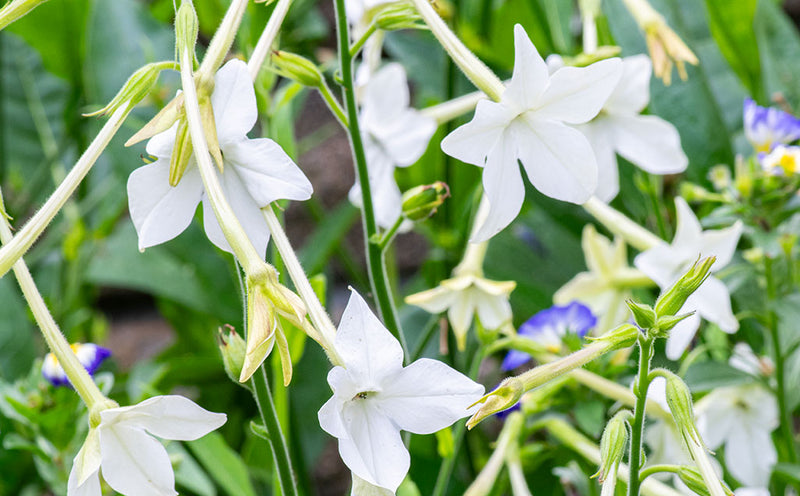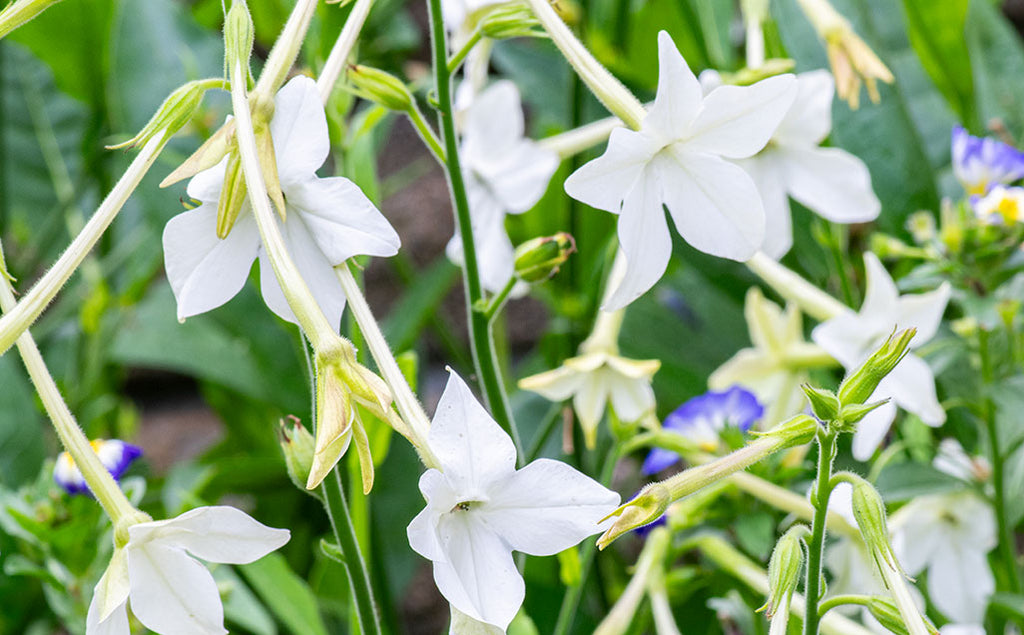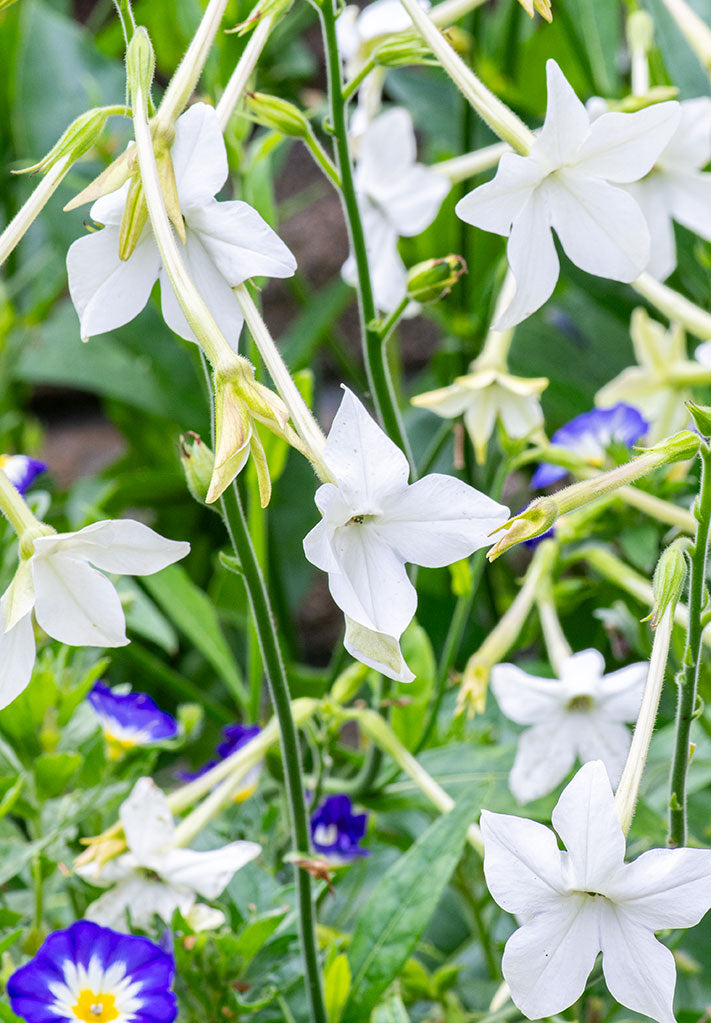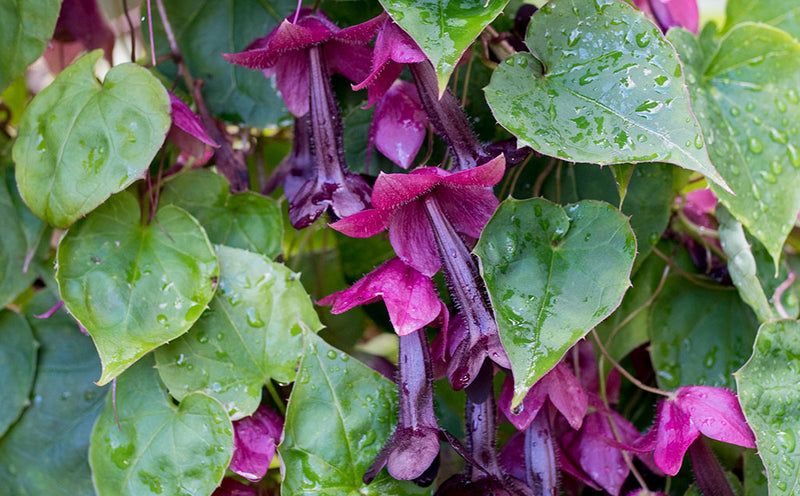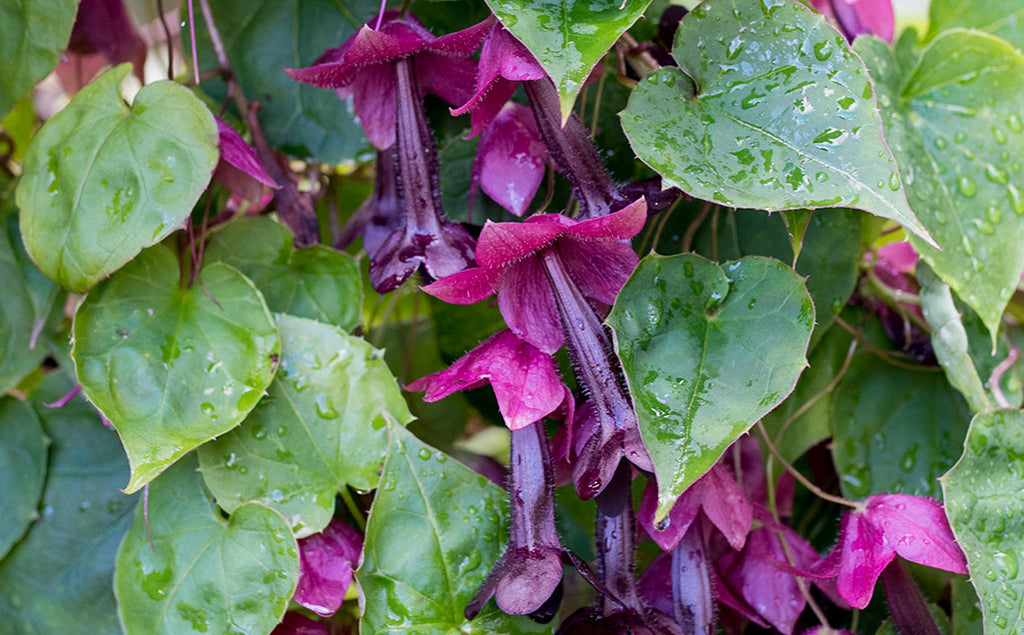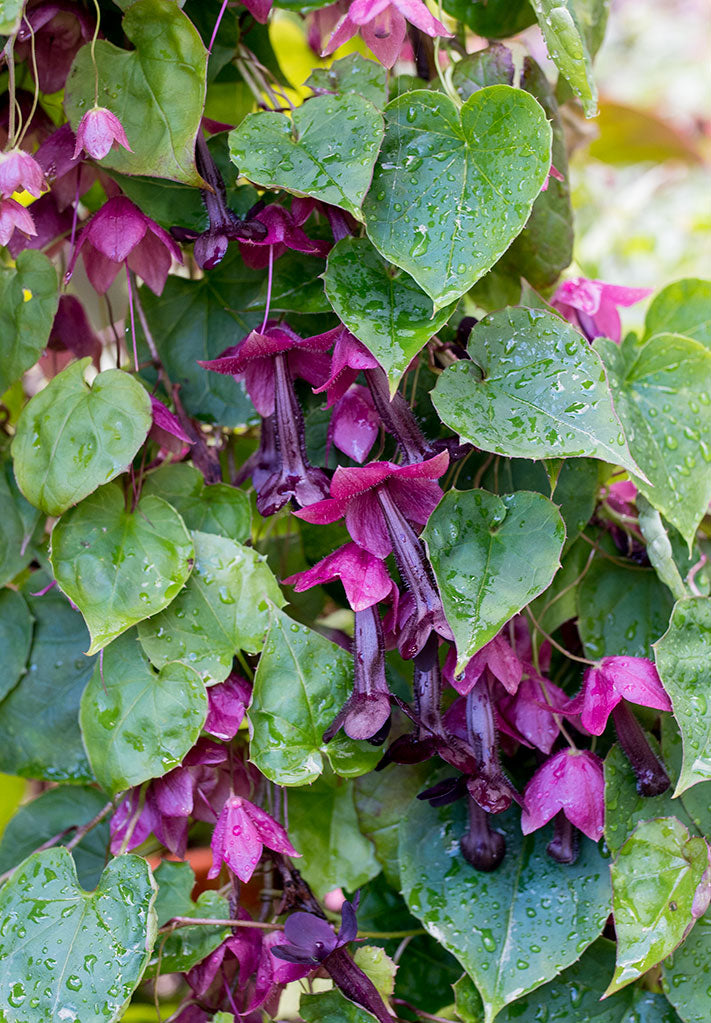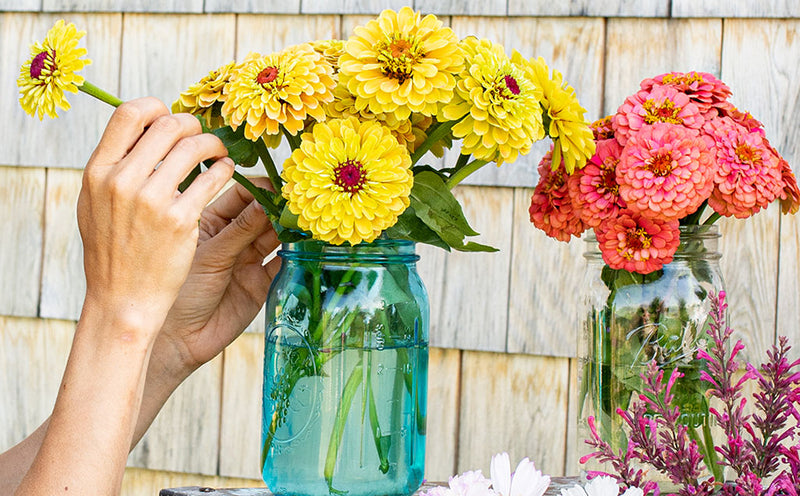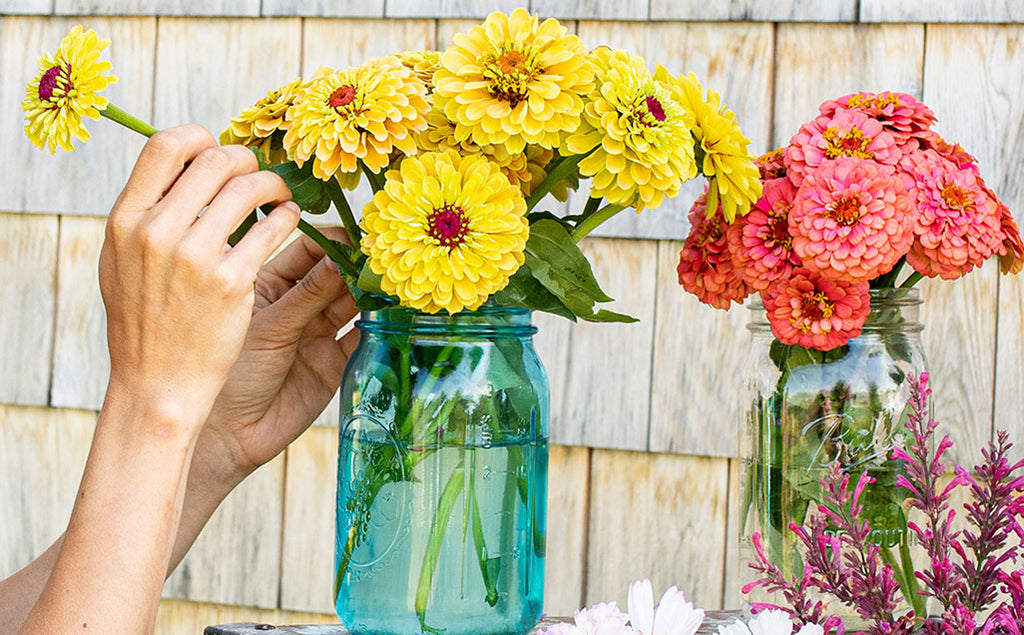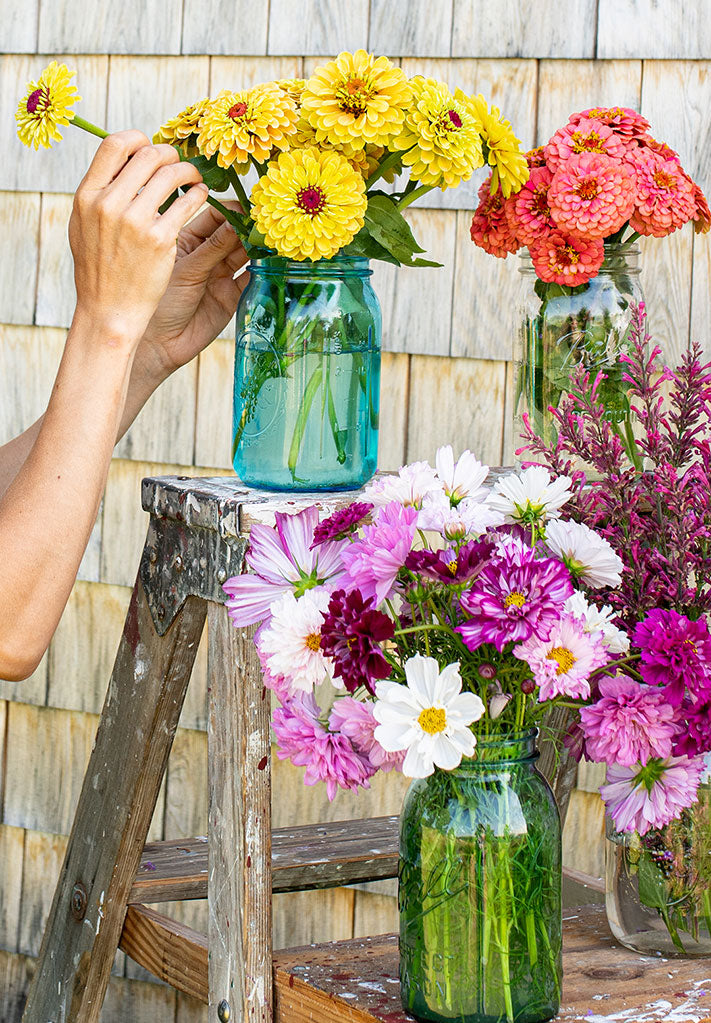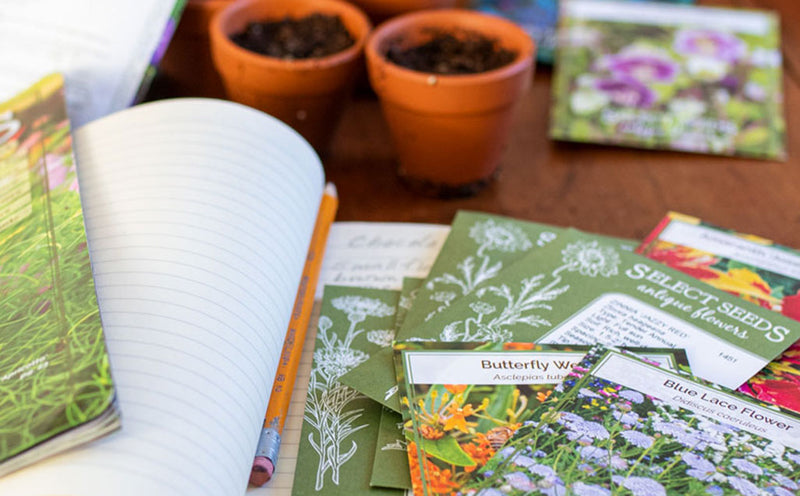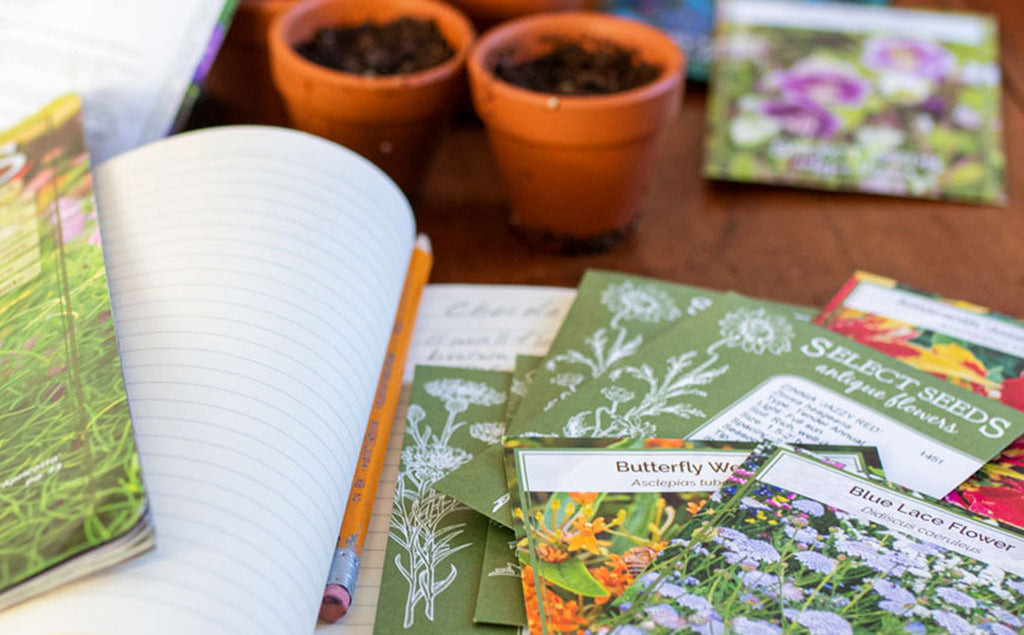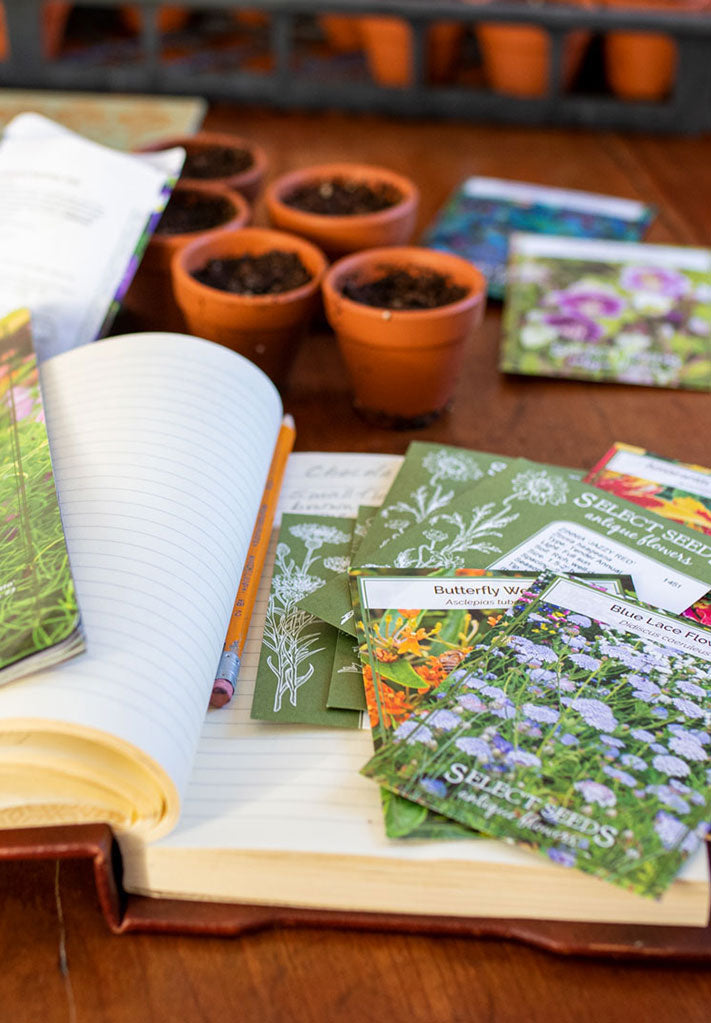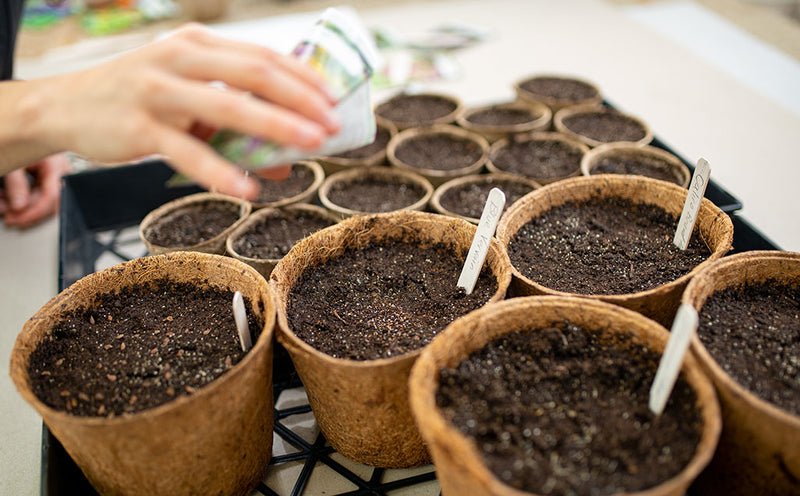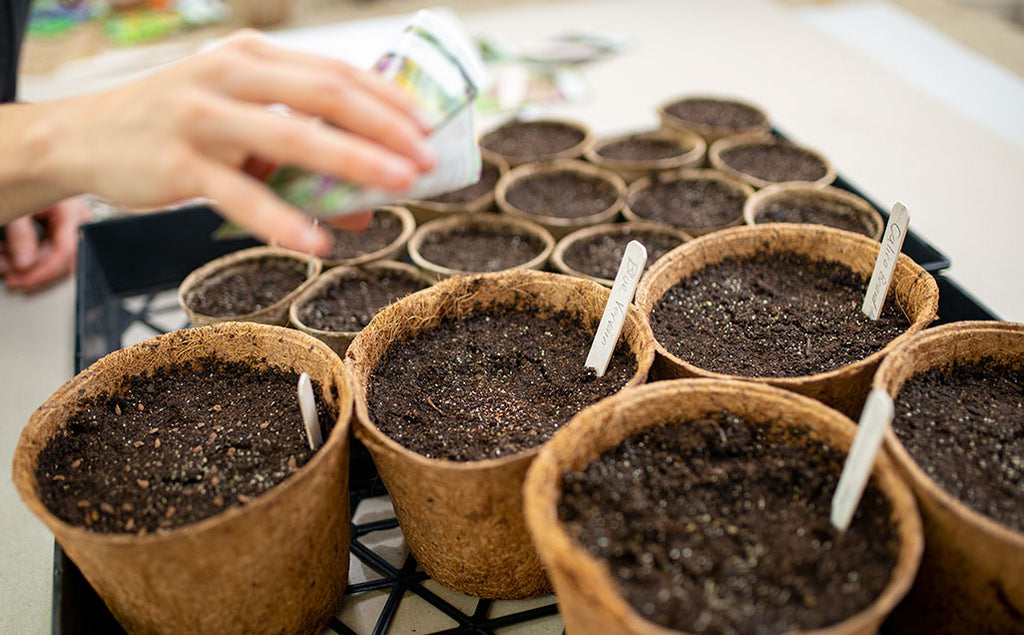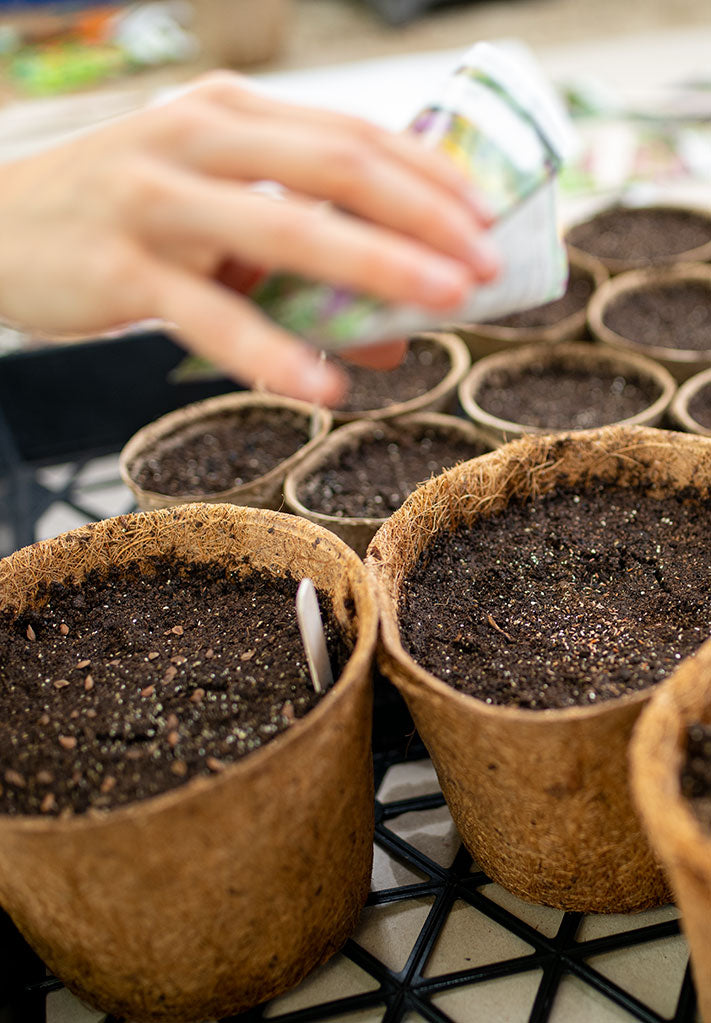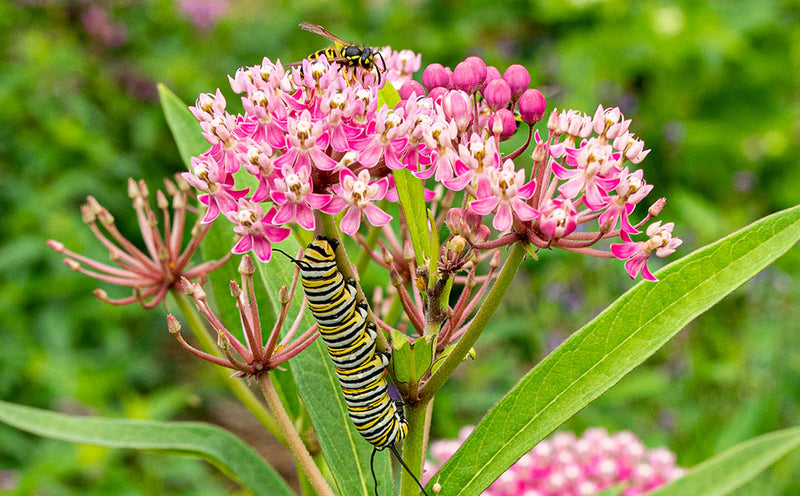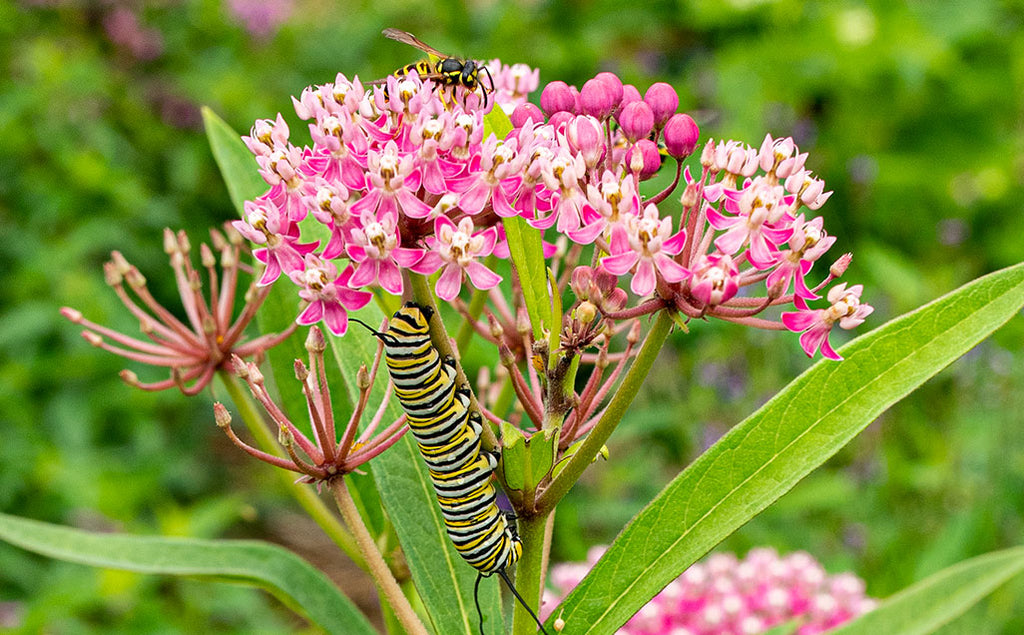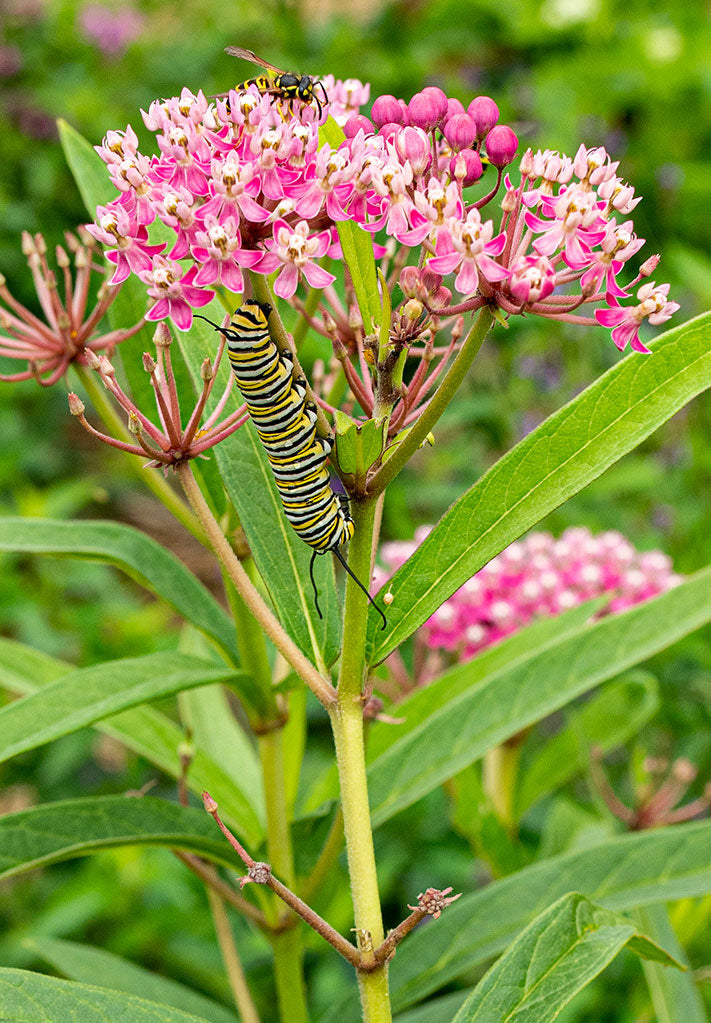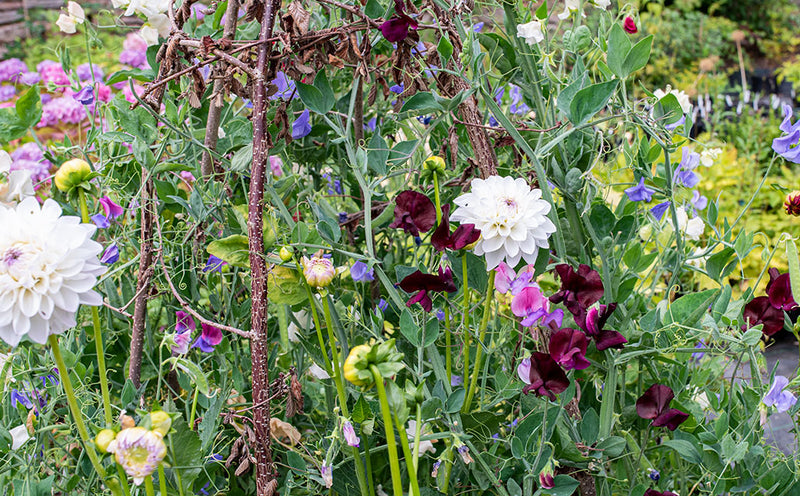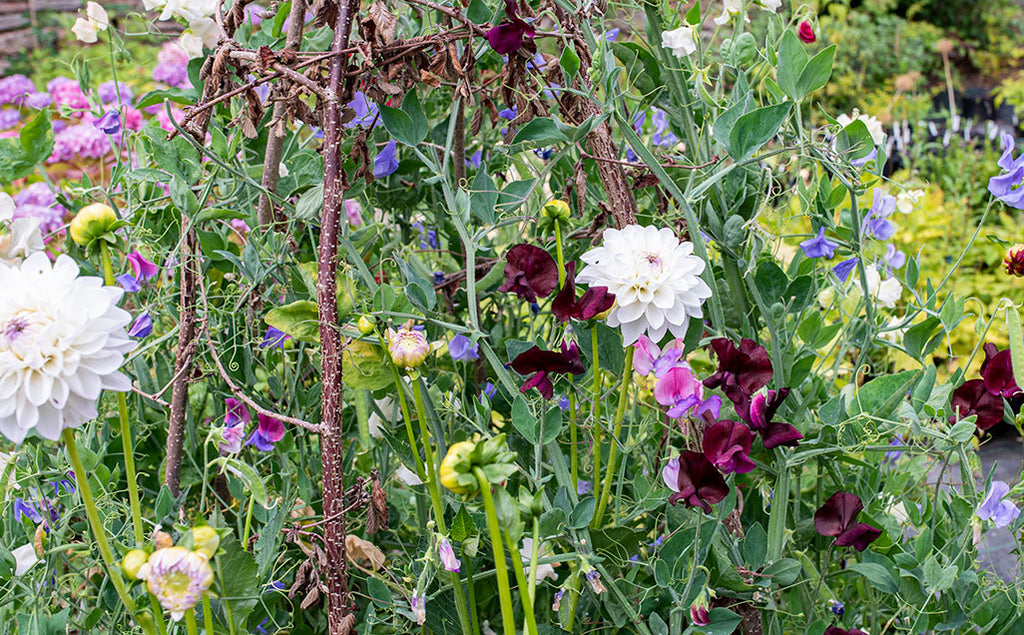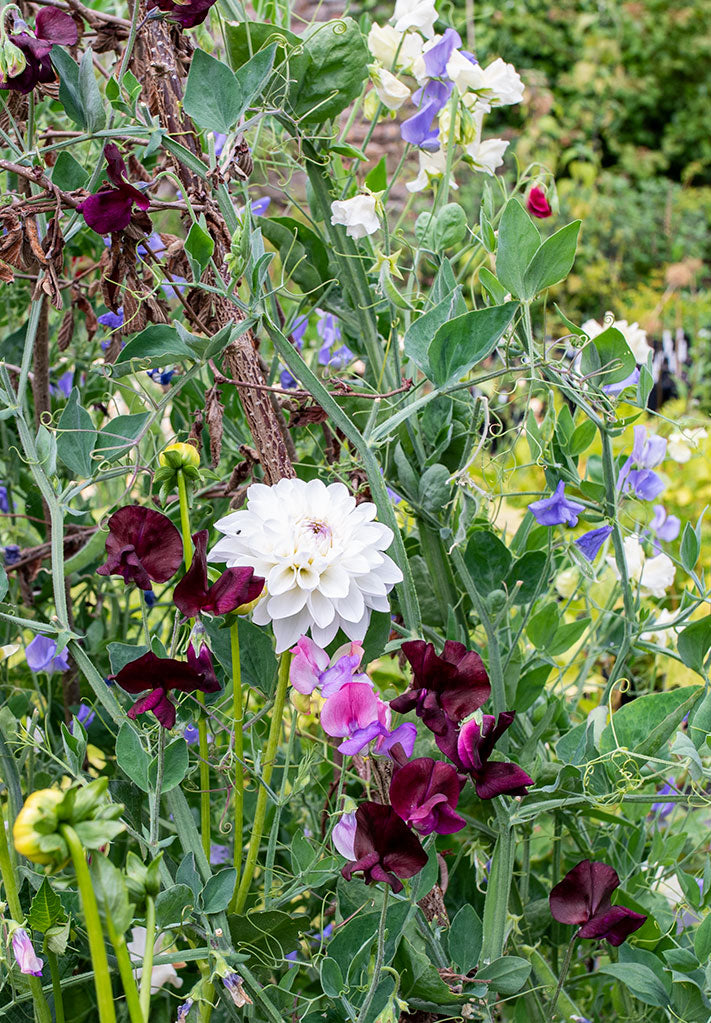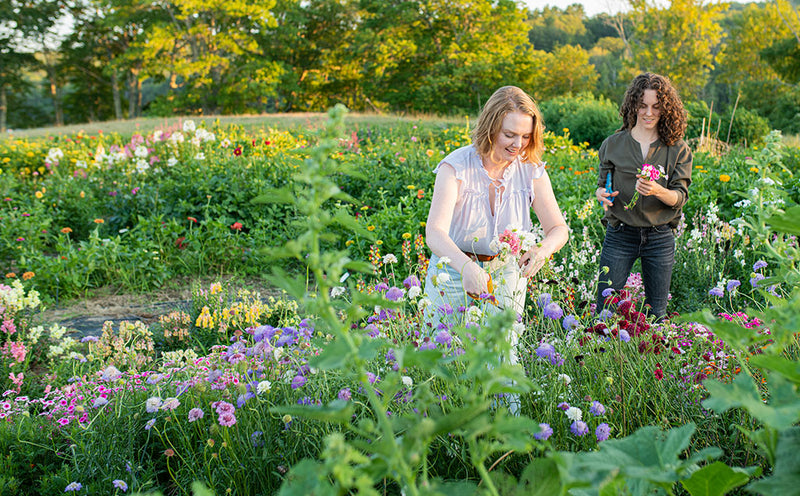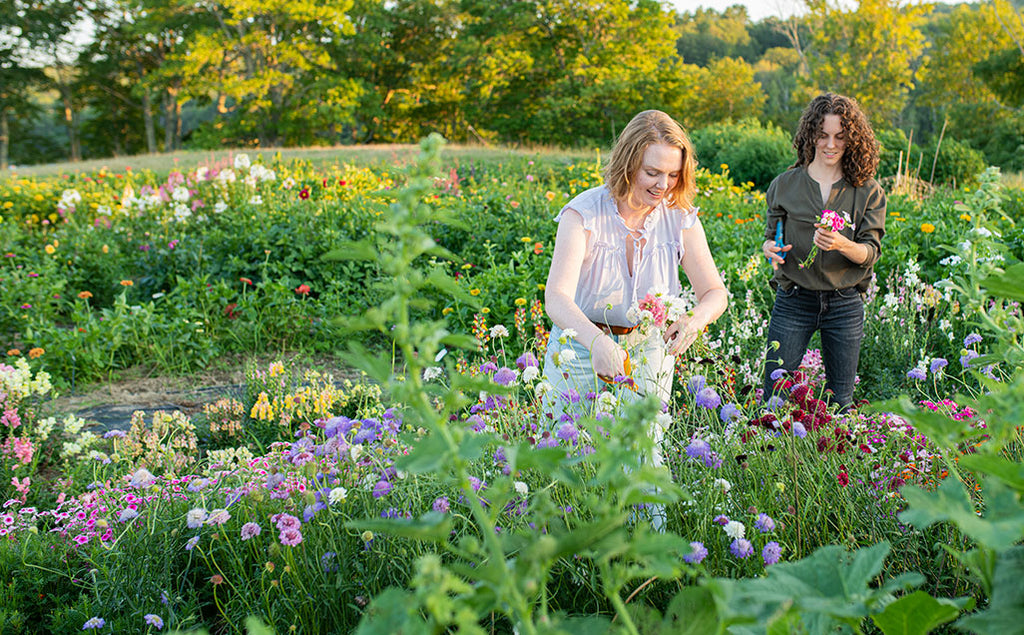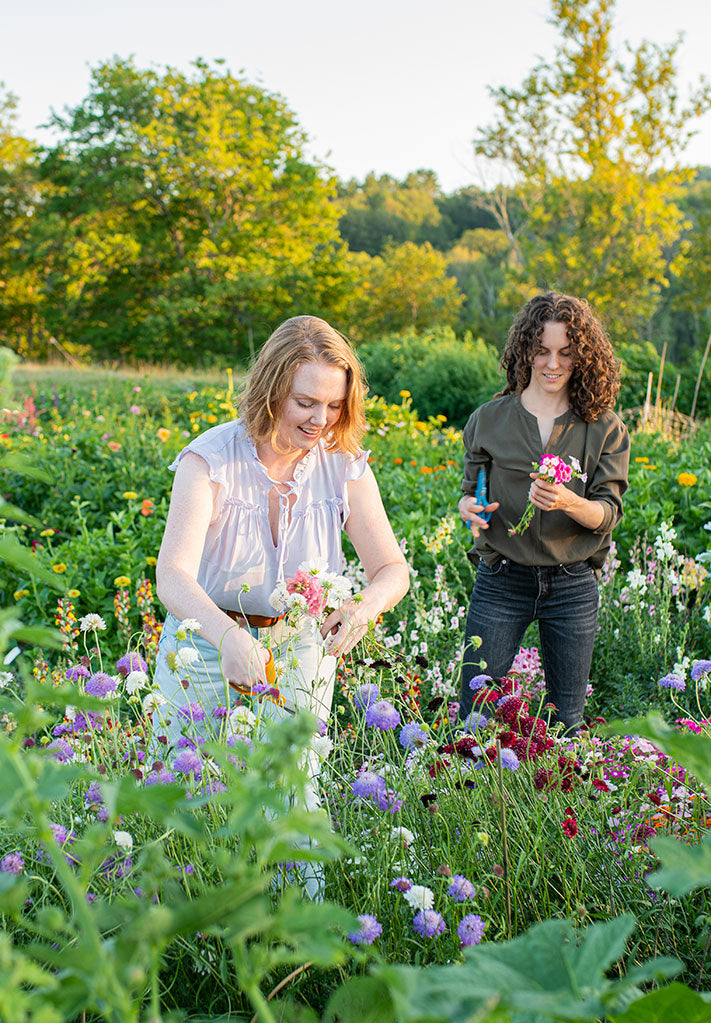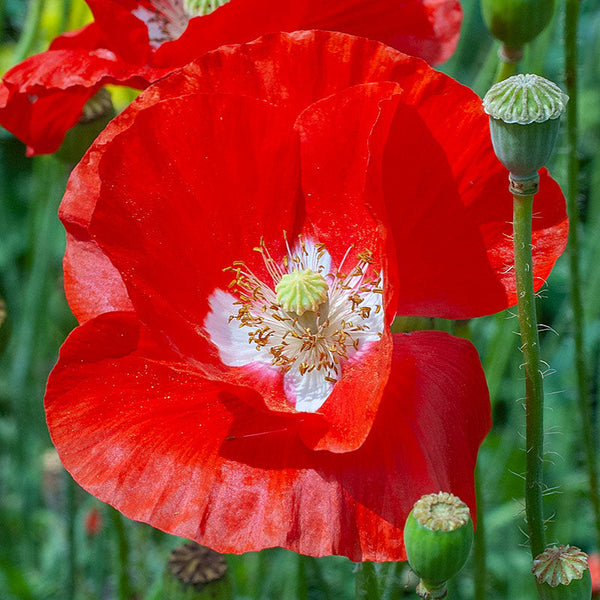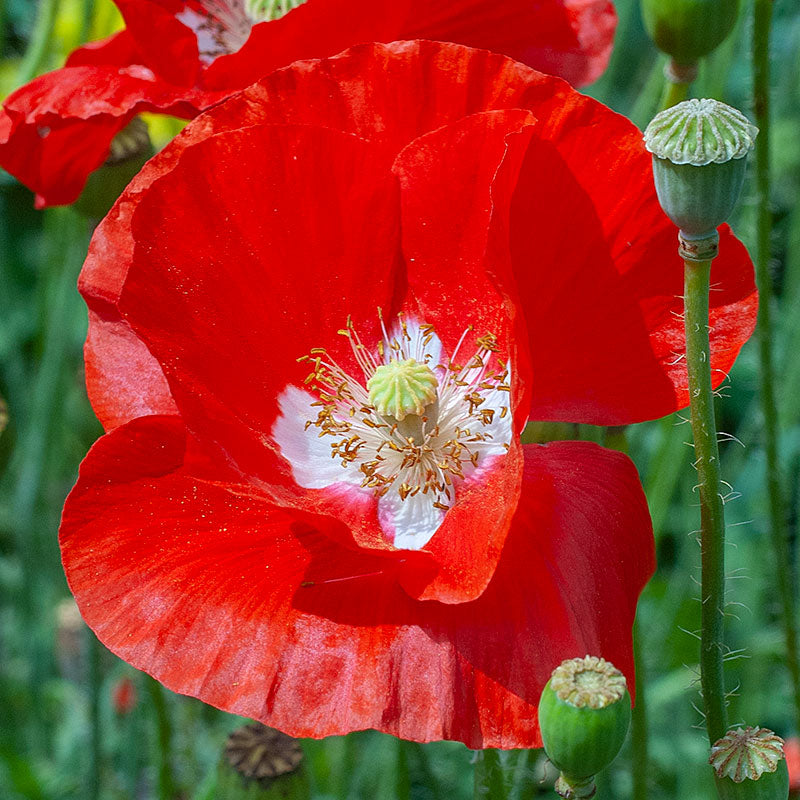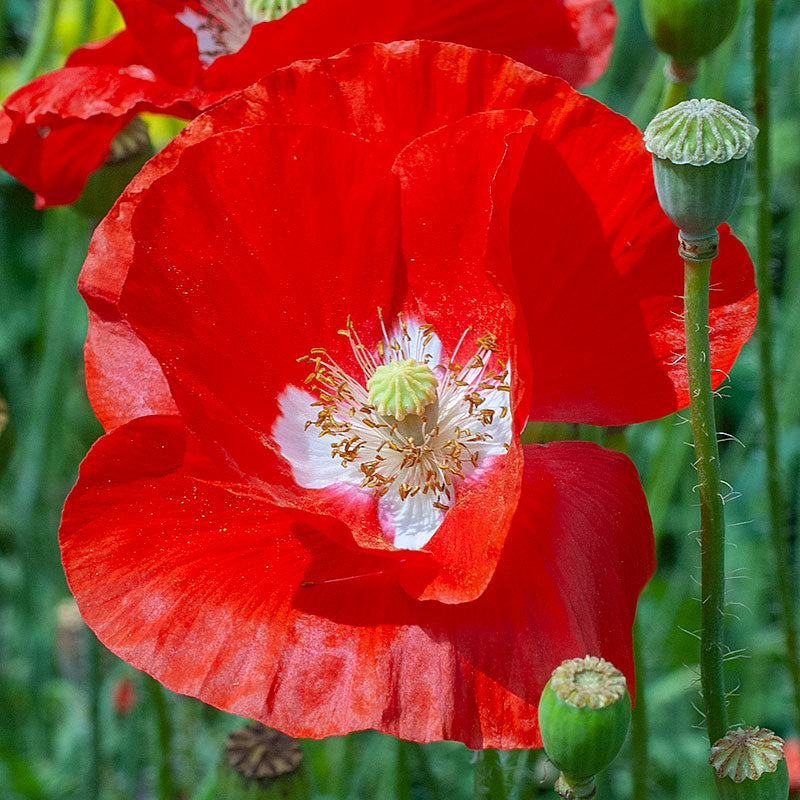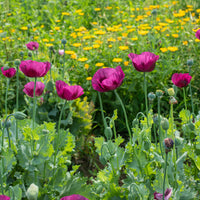SOWING INSTRUCTIONS
Depth:
Surface sow; requires light to germinate
Starting Indoors:
Sow in pots 6-8 weeks before last frost, cover lightly with vermiculite or a humidity dome and keep at 65-70°F until germination, then at 50-60°F. Be very gentle when transplanting, as poppies do not like to be disturbed.
Starting Outdoors:
Recommended. Direct sow 4 weeks before last spring frost or in late autumn (autumn only in zones 8+) Mix seed with fine sand and scatter thinly over prepared soil to avoid overcrowded seedlings.
WHEN TO SET OUTSIDE
At last spring frost date.
PLACEMENT & CULTIVATION
Poppies are the obsession of honeybees that unfailingly crowd around the flowers as they are freed from their corset of sepals, to be the first to sample their golden crown of pollen. Add to vegetable plots, meadows, and borders, where their early flowering fills gaps in perennial bloom times with luminous flowers. Self-sows.
Watering Details:
These plants prefer evenly moist soil, but can tolerate drought. About an inch of water per week.
Soil pH:
Slightly acidic to neutral—if soil is acidic, add some lime before planting.
Fertilizer:
Mix in 2" inches of compost prior to planting.
Diseases & Pests:
Fungal diseases can be prevented by regularly spraying with organic fungicides and spacing at least 1' apart for good air circulation. If slugs and snails damage seedlings, sprinkle the surrounding soil with pelletized iron phosphate, crushed eggshells, or diatomaceous earth.



